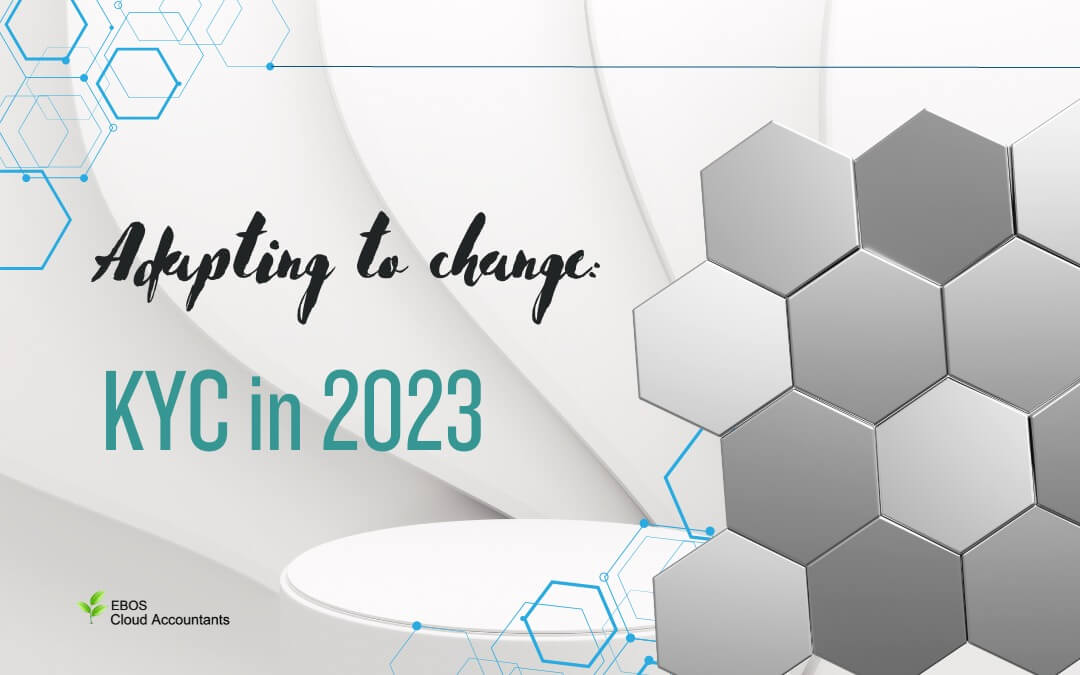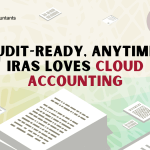The world becomes more digital every year, and 2023 will be no different. Customers want an increasingly simpler and quicker onboarding procedure, and regulatory bodies will keep enforcing new laws. Criminals will create new strategies for misusing platforms at the same time.
Overall, 2023 will provide possibilities and challenges for the verification business. You will learn about the major themes in this post as we go deeper into the verification industry’s future. Additionally, you’ll discover how to use the most recent verification solutions to keep one step ahead of the competition.
Technologies and Regulations to Emerge in 2023
In 2023, continued integration of digital identification into commonplace services, particularly in contexts where users have grown accustomed to anonymity, like dating apps and YouTube comments. You should expect that passive biometry will increase as user anonymity declines, leading to a change from a one-time facial recognition check to an “always on” mode of confirmed identification.
We expect more advancements in Web 3.0 and associated verification techniques. Additionally, we predict that regulations will become stronger globally. Businesses should prepare for the Travel Rule to be implemented in additional countries and for tighter data protection regulations.
The Widespread Adoption of Document-free Verification
People should expect document-free verification to become more widely used in the following year. As a result, more users will be able to verify their identity by performing a simple facial authentication check.
Many nations have created document-free verification processes, and India has already started using one in its banks and financial organizations.
Verification is essentially about proving that an electronic signature was made by the intended signee by establishing the date, location and time. As soon as a document is signed, many software solutions, offer additional layers of security for electronic signatures by generating certificates, performing security checks, and using different levels of encryption.
Orchestrating the KYC Process
Companies can orchestrate their KYC procedures for different consumer types according to their features. There are unlimited possible check combinations; based on the customer’s jurisdictions, internal corporate policies, and more. Companies can use orchestration to provide a more personalized approach to every new user.
In 2023, verification orchestration will become increasingly necessary; several KYC tools have created their own Workflow Builder solution that can be used without writing any code. With the ability to set up individual triggers for the onboarding process, it allows businesses to establish user verification procedures suited to particular risk circumstances.
The combination of Transaction Monitoring and Know Your Customer (KYC)
With the introduction of all-in-one verification solutions in 2023, we expect the onboarding procedure to undergo a significant transformation. KYC and transaction monitoring are two distinct processes, but we believe they will be integrated in 2023 to increase efficiency.
More specifically, a set of techniques called transaction monitoring look for questionable consumer transactions. It prevents internal and external fraud and helps firms maintain AML/CFT compliance. As the volume of digital transactions grows, so does the need for transaction monitoring daily. Businesses increasingly provide automated transaction monitoring solutions to check vast numbers of transactions for suspicious trends.
Conclusion:
Criminals will continue to create novel techniques for identity theft, fraud, and business exploitation in 2023. To combat this, businesses need robust anti-fraud technologies that can recognize cutting-edge fraudulent signals.
This year, Intellinz has partnered up with Sanction Scanner which offers its customers the ability to create rule sets tailored to their specific requirements. This flexibility allows companies to customize the AML controls according to their unique risk profiles and compliance needs. By integrating the software into their existing systems, companies can easily incorporate AML checks into their workflow.
The software provided by Sanction Scanner includes pre-built rule sets, which are based on industry best practices and regulatory guidelines. These rule sets serve as a foundation for AML monitoring, enabling companies to quickly establish effective control measures. Additionally, businesses have the option to create their own rules based on their specific risk factors and compliance requirements.
The KYC services of Intellinz powered by Sanction Scanner help companies verify their customers and safeguard themselves from fraudsters, money launderers, and other dubious entities. Get in touch with us to safeguard your business.







